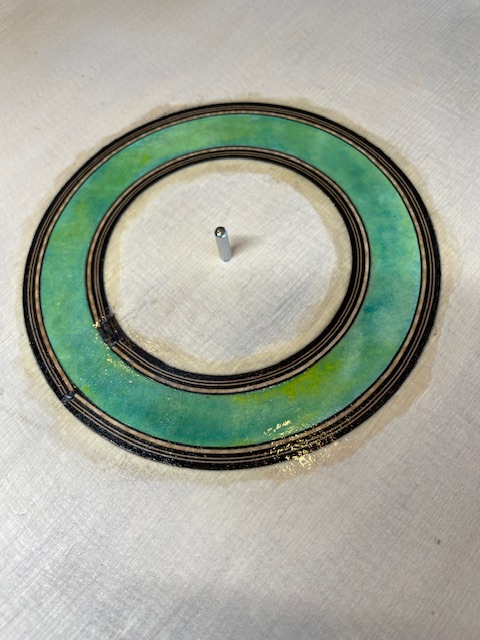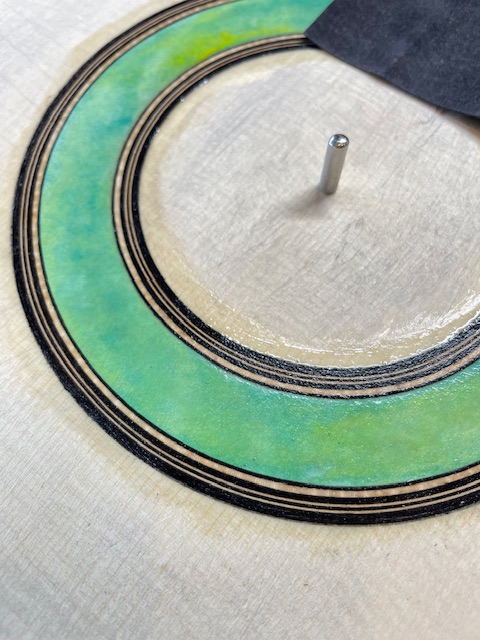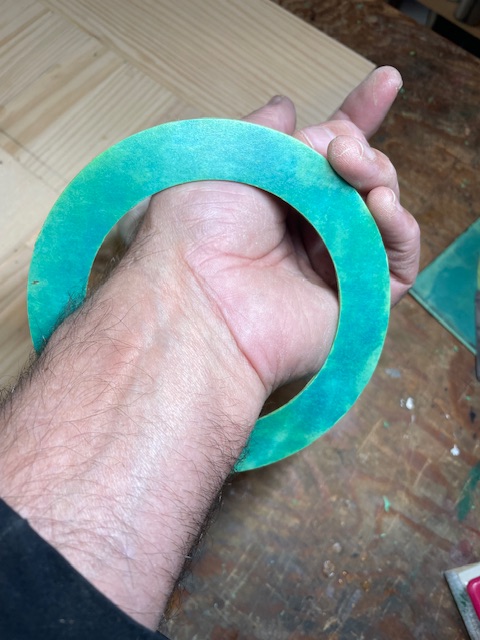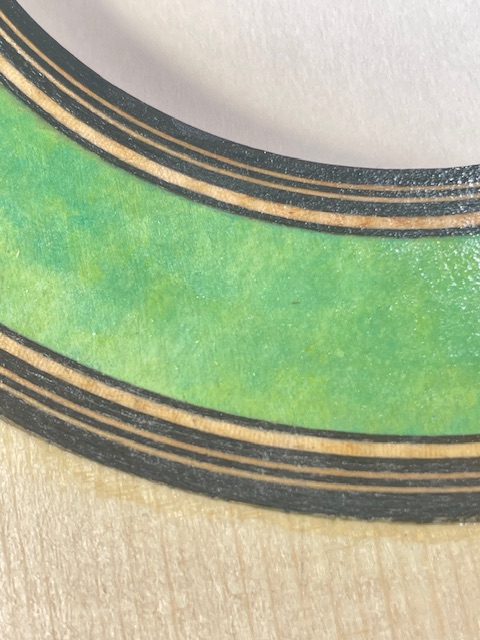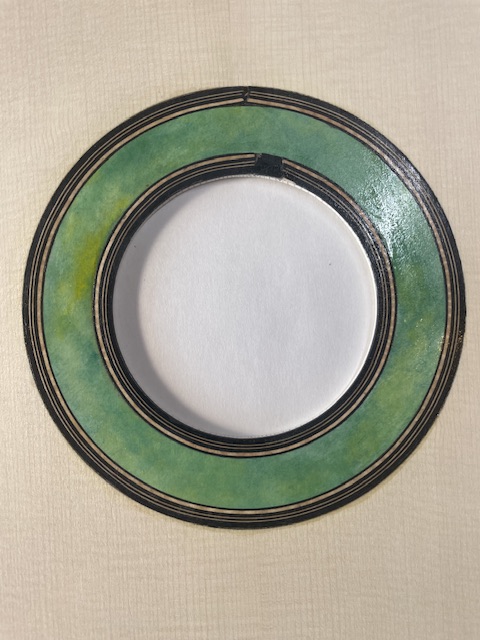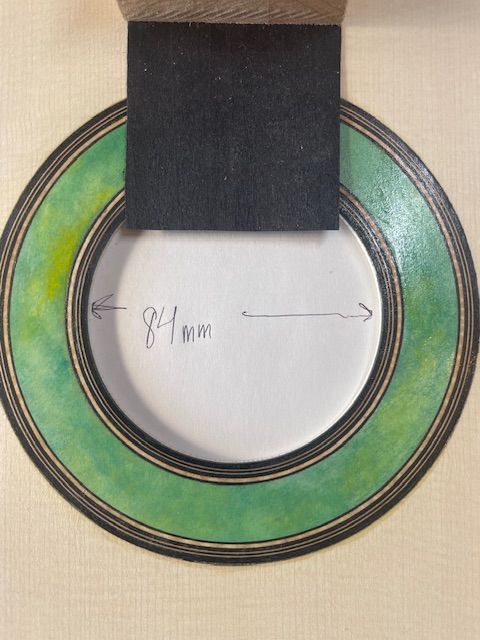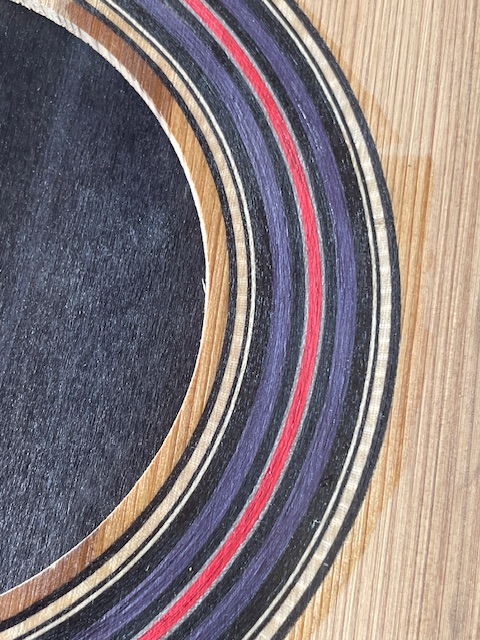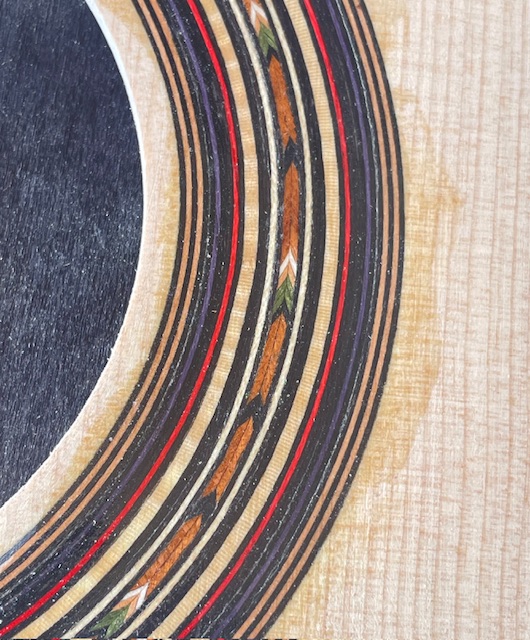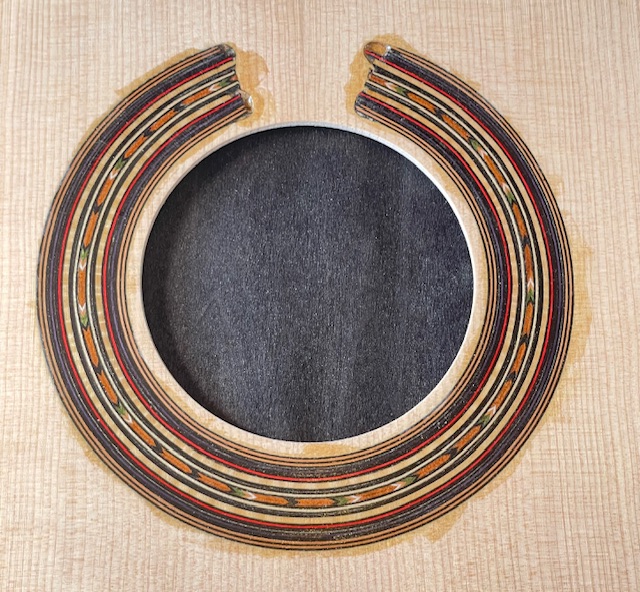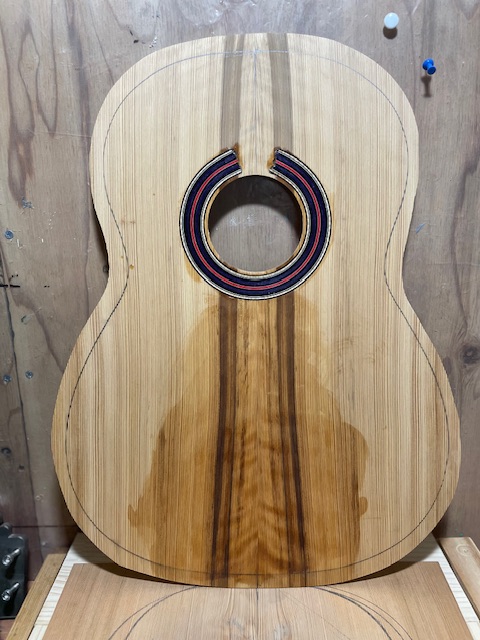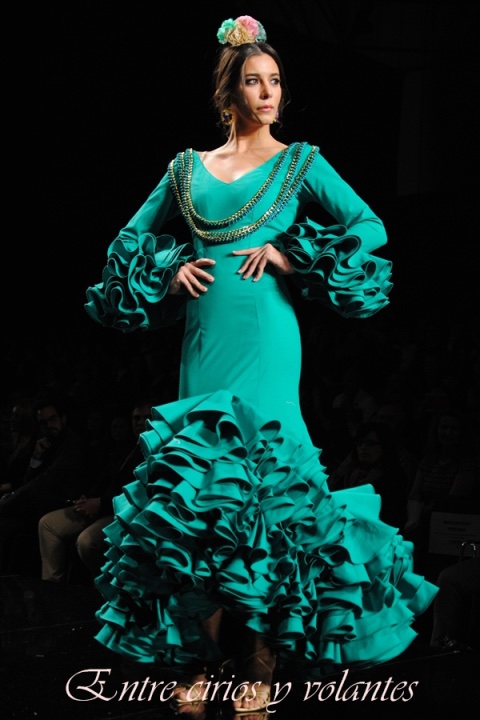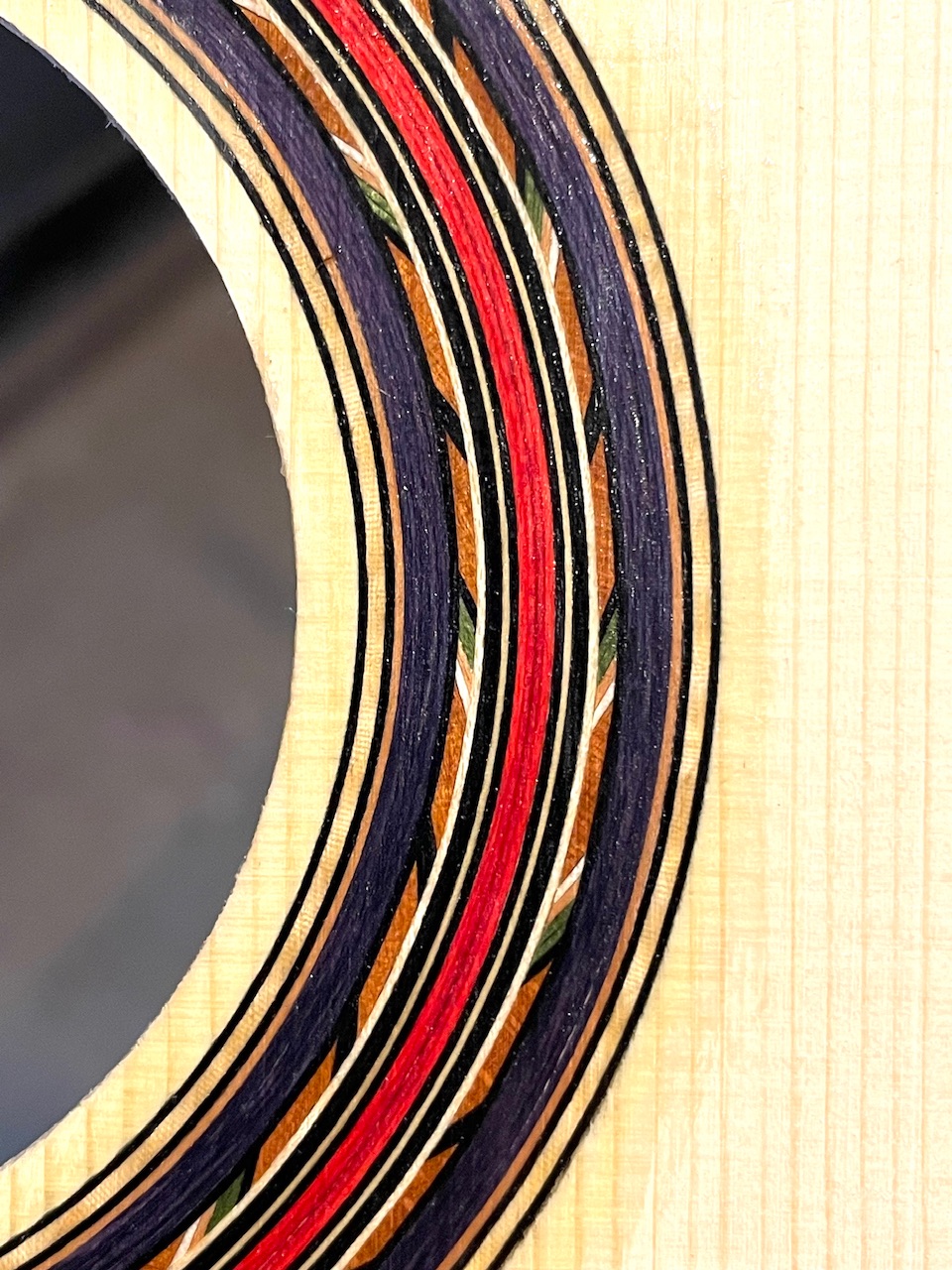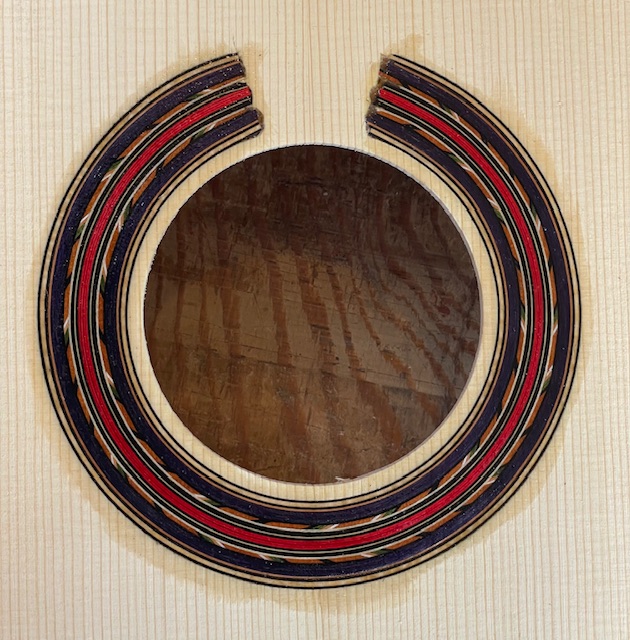|
estebanana -> RE: It’s not a sticker and it ain’t plastic…. (Jan. 2 2025 2:03:42)
|
quote:
ORIGINAL: Fawkes
I'm stumped on the specific medium and the substrate. It does not appear that you handed over the answer as Da Vinci code--although the vegetables are thought-provoking, they were dead ends.
I love how this brings in your art background and brings some efficiency (?) to rosette-making without powering down the end result at all.
The process takes as long as making rosette tiles. The vegetables are just puns on names.
Hakusai = Chinese cabbage but is a pun on the name Hokusai 😂
Hakusai daisuke is the answer to the question: “ Hakusai wa sukidesu ka?” do you like Chinese cabbage? Possible answer “hakusai suki des. I like or I love or first favorite is ‘Daisuke’ dai means more liked. When you say in Japanese you like something in the equivalent best, better way it’s sho, chu dai. First, second, third or highest liked.
You either say ‘Tsuki’ ( pronounced ‘ski’ ) or daisuki pronounced di-ski -
Trading in jr. high school level puns. 😆
The reason it’s funny is because daisuke means ‘big’ as in I have a big liking for Chinese cabbage, hakusai daisuke. Or Daisuke written with different kanji is a mans name. Daisuke Hakusai is kind of funny. Because of the way kanji changes the meaning of the word a name can become a noun. Like Shoji-san is a name, but also as a noun it means door. So for Japanese kids it provides endless possibilities for puns, and although most adults are unamused by this, certain adults cultivate a repertoire of puns generated by kanji code switching.
Or so I’m told by Taro Ruto-san, which is a bilingual pun.
|
|
|
|
